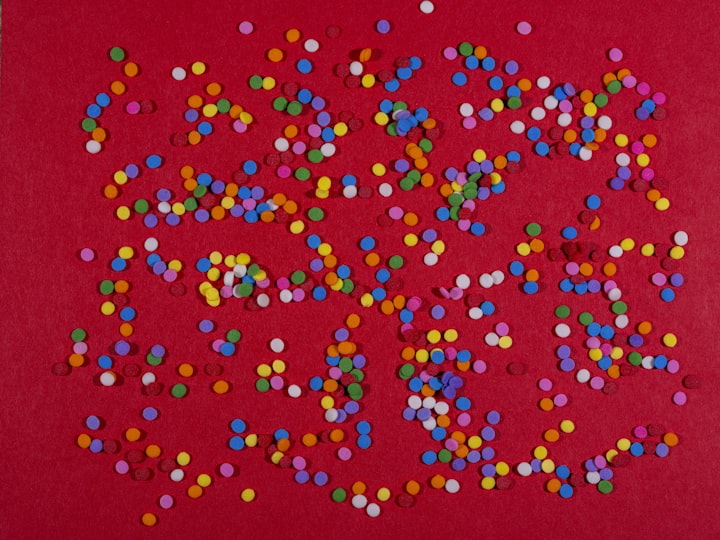Let's Dive into the World of Calendars
Timekeeping Tales from Ancient Skies to Digital Synchrony

Have you ever stopped to wonder how we keep track of days, months, and years? Well, buckle up, because we're about to take a journey into the fascinating realm of calendar systems! It's not just about marking dates on your wall or phone; there's a whole history and science behind it that might surprise you.
The Basics of Calendars:
First things first, what is a calendar? At its simplest, a calendar is a system for organizing and measuring time. It helps us keep track of days, weeks, months, and years. Think of it like your personal timekeeper, ensuring you don't miss that important birthday or forget about your dentist appointment.
The Sun and the Moon:
Our early ancestors were pretty clever when it came to figuring out time. They looked up at the sky and noticed two key players: the sun and the moon. The changing positions of these celestial bodies provided the first clues for creating calendars.
Solar Calendars: Imagine you're an ancient civilization. You notice the sun rises and sets every day, and there's this thing called a "year" that's roughly 365 days long. Bingo! You've got yourself a solar calendar, like the one we use today.
Lunar Calendars: On the other hand, some cultures decided to follow the moon's phases. A lunar month is about 29.5 days, so a lunar calendar might have around 354 days in a year. That's a bit shorter than a solar year, so adjustments were needed to keep things in sync.
The Gregorian Calendar:
Fast forward to today, and most of us use the Gregorian calendar. Named after Pope Gregory XIII, who introduced it in 1582, this calendar is widely adopted worldwide.
Months: The Gregorian calendar has 12 months, each with a varying number of days. From January to December, we navigate through the year, tackling everything from the winter chills to the summer heat.
Leap Years: Ever heard of a leap year? It's like a bonus year day that occurs every four years to make up for the fact that a solar year is not precisely 365.25 days. Thanks to leap years, our calendars stay relatively in sync with Earth's orbit around the sun.
Different Calendars for Different Folks:
Now, hold on to your hats because there isn't just one calendar out there. Different cultures and religions have their own unique ways of marking time. Let's explore a couple of them:
Islamic Calendar: The Islamic calendar is lunar-based, with 12 months in a year. However, it only has about 354 or 355 days, making it shorter than the Gregorian calendar. This means that Islamic months, like Ramadan, can shift through the seasons over the years.
Chinese Calendar: Ancient China had its own system, which is a lunisolar calendar. It considers both the moon phases and the position of the sun. The Chinese New Year, for example, is based on the lunar calendar and usually falls between January 21 and February 20.
The Perpetual Calendar:
Okay, let's talk about something cool – the perpetual calendar. No, it's not a calendar that lasts forever (although that would be pretty neat). A perpetual calendar is a device or algorithm designed to calculate the day of the week for any given date. It takes into account leap years and varying month lengths, making it a handy tool for planning events, birthdays, or even your next Netflix binge.
Calendars in the Digital Age:
With the rise of smartphones and digital devices, our calendars have gone high-tech. We can set reminders, sync our schedules across multiple devices, and receive notifications for upcoming events. It's like having a personal assistant in your pocket, keeping you on track in the fast-paced world of today.
Conclusion:
So, there you have it – a whirlwind tour through the captivating universe of calendars. From ancient sky gazers to Pope Gregory XIII's reforms and the diversity of calendars worldwide, the way we measure time has come a long way.
Next time you flip the page on your wall calendar or check your phone for the date, take a moment to appreciate the rich history and ingenuity behind this essential tool. It's not just about marking time; it's about the stories of civilizations, the dance of celestial bodies, and our collective journey through the ages. Happy calendaring!
About the Creator
Durga Chikh
I am content Writer






Comments
There are no comments for this story
Be the first to respond and start the conversation.